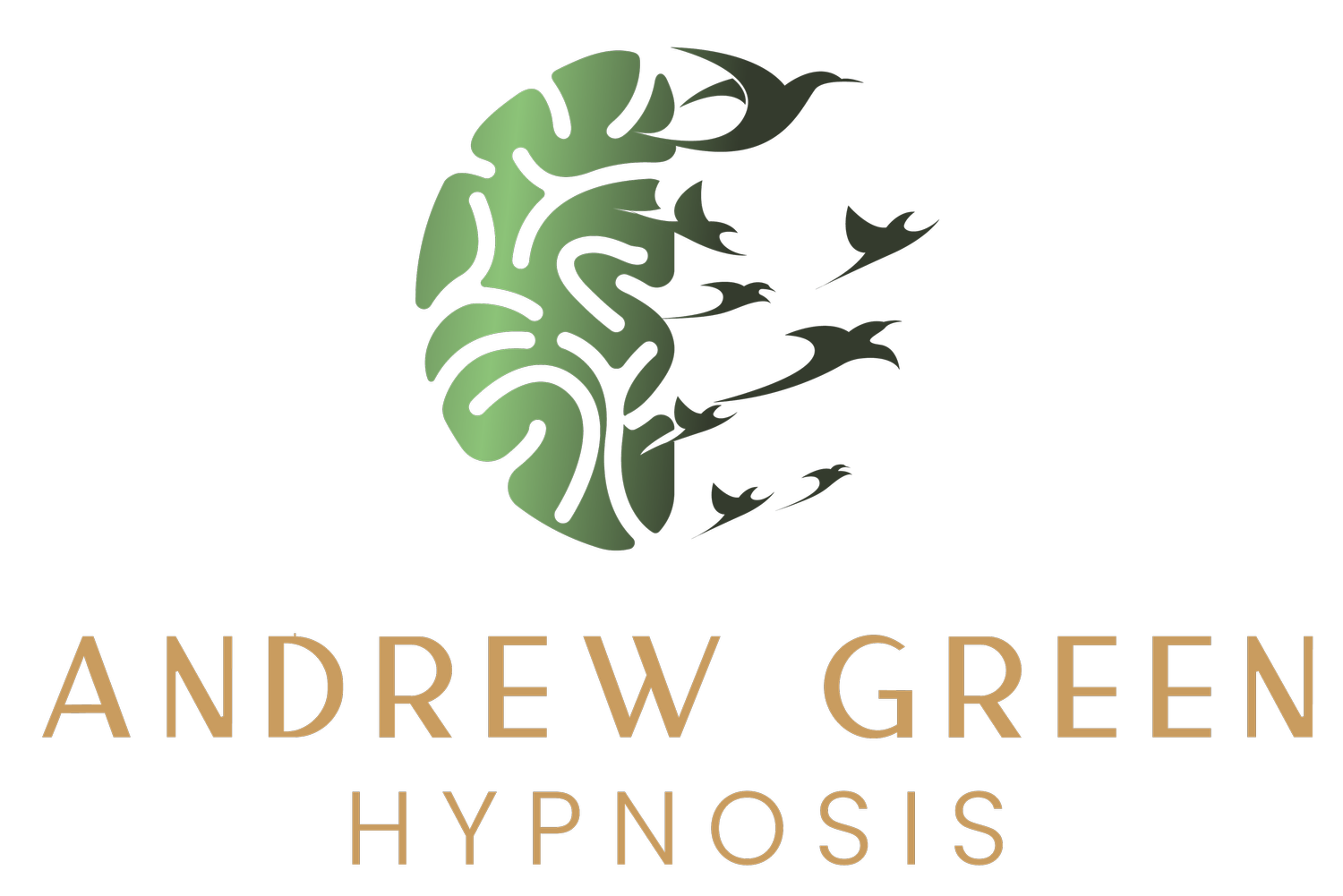Demystifying Hypnosis And Separating Fact From Fiction
Hypnosis has long been shrouded in mystery and misconceptions, often relegated to the realms of magic shows and mind-bending theatrics. Yet, beyond the swinging pendulums and theatrical displays, lies a powerful tool with real-world applications. It's time to dispel the myths and unravel the truths about hypnosis. In this journey, we'll navigate through the common misconceptions that have woven a veil of misunderstanding around this fascinating practice, shedding light on the science and practical applications that make hypnosis a legitimate and valuable tool for personal growth and well-being.
1. Myth: Hypnosis is Mind Control
Let's address the elephant in the room – the notion that hypnosis is a form of mind control. In reality, hypnosis doesn't give the hypnotist the power to control your mind against your will. Rather, it's a collaborative process where the individual willingly enters a state of focused attention and heightened suggestibility. It's more like a guided meditation than a scene from a science fiction movie. The hypnotized person retains full control over their thoughts, actions, and decisions, debunking the myth that hypnosis is a tool for manipulation.
2. Myth: Only the Weak-Minded Can be Hypnotized
Contrary to popular belief, susceptibility to hypnosis is not a reflection of one's intelligence or mental strength. In fact, research indicates that intelligence has little to do with the ability to be hypnotized. The effectiveness of hypnosis is more closely tied to a person's willingness to participate and their ability to focus. Think of it as a skill that can be developed and refined, rather than a trait possessed only by the gullible or weak-willed.
3. Myth: Hypnosis Erases Memories
Thanks to Hollywood, the idea that hypnosis can wipe away memories or reveal long-lost secrets has permeated popular culture. In truth, hypnosis doesn't provide a direct gateway to the hidden vaults of our memories. While it can enhance recall, it's not a foolproof method, and memories retrieved under hypnosis are subject to the same fallibility as those recalled in a normal waking state. Hypnosis can be a therapeutic tool for addressing and reframing memories, but the process is far from a cinematic memory-erasing spectacle.
4. Myth: You Can Get Stuck in Hypnosis
The fear of being trapped in a hypnotic state is a common misconception. Fortunately, there is no risk of getting stuck in a hypnotic trance. Hypnosis is a naturally occurring state that people enter and exit regularly throughout the day. Even in a deep state of hypnosis, the individual has the ability to emerge from the trance on their own or with the guidance of the hypnotist. It's a temporary and controlled state, far from the imagined scenario of being perpetually lost in a hypnotic limbo.
5. Myth: Hypnosis is a Magical Cure-All
While hypnosis has proven therapeutic benefits, it's not a magical panacea that can miraculously fix all ailments. It's a tool that, when used appropriately, can complement traditional therapeutic approaches. For example, while hypnosis can aid in pain management, it doesn't replace medical treatment for underlying health conditions. It's essential to view hypnosis as part of a holistic approach to well-being, recognizing its strengths without assigning it superhuman powers.
6. Myth: Hypnosis is a One-Size-Fits-All Solution
Another prevalent misconception is that hypnosis follows a one-size-fits-all approach. In reality, hypnosis is a highly individualized experience. What works for one person may not work for another. The effectiveness of hypnosis depends on factors such as individual responsiveness, personal beliefs, and the skill of the hypnotist. Customization is key, and a skilled hypnotist tailors their approach to meet the unique needs and goals of each individual.
Conclusion
As we peel away the layers of mystique surrounding hypnosis, what emerges is a practical and scientifically validated tool for personal growth and well-being. It's not mind control, it won't erase your memories, and you won't get stuck in a trance. Hypnosis is a collaborative process that taps into the natural capabilities of the mind, offering a pathway to relaxation, self-discovery, and positive change.
Let's dispel the myths and embrace the reality of hypnosis—a tool that, when understood and used responsibly, can contribute to a more fulfilling and balanced life. It's time to shift our perspective from hocus pocus to a science-backed practice that holds the potential to unlock the untapped power of the human mind. So, the next time someone mentions hypnosis, remember, it's not about losing control; it's about gaining a deeper understanding of yourself and harnessing the incredible potential within.
